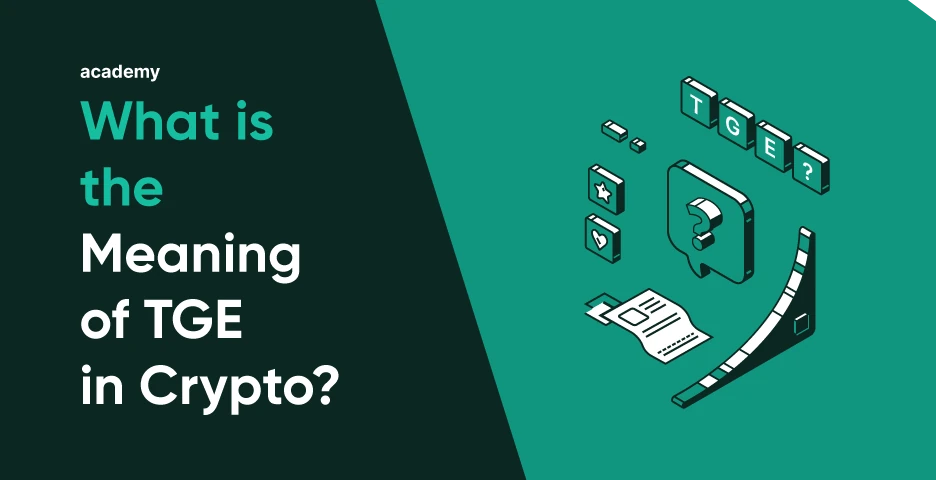TGE in crypto means “Token Generation Event”. TGEs are highly anticipated events in crypto when a project’s tokens become publicly available to users. In addition to the technical generation of tokens, TGEs help increase publicity and generate user engagement.
Another term for TGE is token launch event.
What Are Tokens?
Tokens are digital units of value that can represent an asset or utility, issued on a blockchain through smart contracts.
Smart contract networks like Mintlayer and Ethereum allow users to issue and hold tokens that can represent anything from voting rights or ownership to loyalty points or digital items. Tokens can be used to represent or access practically any financial instrument in existence.
Utility, Security, & Governance Tokens
Utility tokens, like ML, provide users with access to services. In the case of ML, the first uses will be to purchase services from RBB Lab related to development on Mintlayer.
During the first iteration of the mainnet, ML will be required for all transaction fees. Developers will be able to use ML to execute smart contracts. We will also use the ML token for our proof-of-stake-consensus mechanism.
Security tokens are tradable assets that represent an investment. They are subject to federal regulations and oversight by organizations such as the European Securities and Markets Authority and the SEC.
Governance tokens give the holder voting rights in the governing organization associated with a project. This allows users to collectively make decisions for the future of the project.
ICO vs. TGE
There are several mechanisms that projects will use to disburse tokens to the public. The result of token generation events, ICOs, and public sales are the same, but the details and circumstances are different.
Companies that offer security tokens will often style their offering as an “Initial Coin Offering” or ICO. Alternatively, companies that offer utility tokens usually do so through a token generation event or TGE.
The design and communication of crypto events like these are crucial to ensuring that users understand the utility and classification of their tokens.
How Are Tokens Generated?
In the future, we hope Mintlayer will be a popular network for tokenization, since it offers the DeFi capacity of Ethereum, but is rooted in the Bitcoin blockchain, which has a stronger network effect.
The Ethereum blockchain generates tokens using smart contracts written in Solidity. Known as the deployer contract, the total supply, token address, and token symbol are defined at this time. In Mintlayer the tokenization system will be embedded, making it much easier for tokens to be generated.
The relatively high liquidity, proven network, and abundance of infrastructure of Ethereum currently make it a popular choice for tokenization.
Users are in full control of their tokens after disbursement. This allows users to trade, send, receive, or sell tokens at their discretion (subject to prior agreements, smart contract variables, and vesting schedules).
Token Generation Events
Token generation events have evolved from a necessary step in a project’s development into highly anticipated public events that attract thousands of potential followers.
Events where tokens become available for public sale will continue to pique the interest of crypto speculators and the public. They’re still an important milestone for core users that need access to tokens for their utility and the access they grant.
Follow us on socials, and join us in our Telegram community chat to stay up to date with the latest from Mintlayer. For questions, you can reach out to us directly at: support@mintlayer.org


